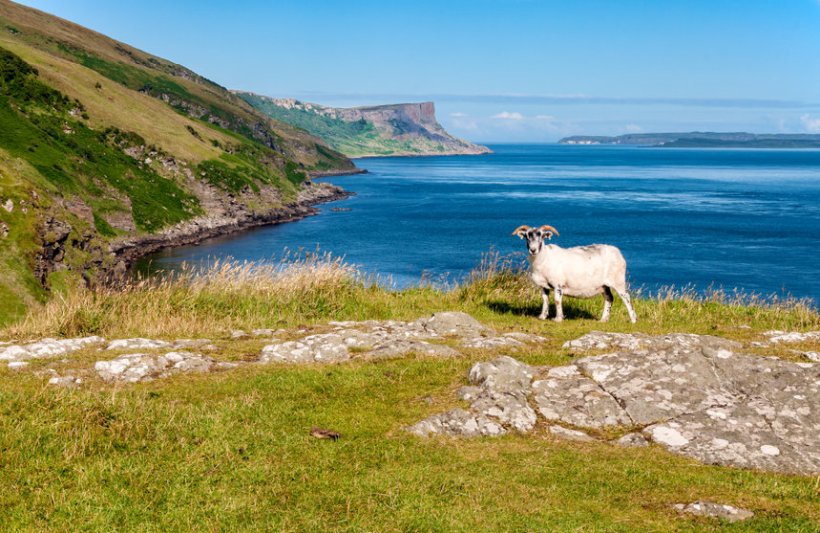
Northern Ireland’s dependence on agriculture means the region may not achieve net zero emissions by 2050, according to a committee.
Lord Deben, Chairman of the Climate Change Committee, said Northern Irish farmers faced a difficult task in curbing emissions compared to the rest of the UK.
There are fears that legislation to combat climate change in the region would be the 'ruination' of the local agri-food industry.
As the sector which emits the most greenhouse gases, the farming sector has concerns it would be disproportionately affected.
The industry makes up more than a quarter (27 percent) of Northern Ireland's greenhouse gas emissions, according to official figures.
And unlike the rest of the UK’s regions, NI has complete control of its energy policy, being a member of the all-Ireland Integrated Single Electricity Market (I-SEM) with the Republic.
Lord Deben made the comments at the Institute of Directors’ inaugural Energy Symposium: “At the heart of what we have to do about climate change is what we have to do about energy.
“We really do have to think much more systemically and that problem of course becomes particularly so in the north of Ireland because of the common energy connections with the south.
“It is difficult for governments to operate on that basis,” Lord Deben said.
He added that Northern Ireland had “a real issue of emissions without the ease of sequestration which some other parts of the United Kingdom have.”
“If you take the Scots for example, they do have a very important agriculture industry and mechanisms for sequestration which do not apply in Northern Ireland," he said.
“We are therefore asking the Scots to get to net zero by 2045, the rest of the UK as far as England and Wales is concerned will be asked to reach net zero by 2050.
“We don’t believe the north of Ireland can actually do that," Lord Deben warned.
The Ulster Farmers' Union commissioned an economic impact assessment into a private members' bill calling for net zero emissions by 2045.
The union's report concluded that measure would cause industry job losses of 13,000 and a reduction of £11bn in economic output.
It added that the bill would cause the 'ruination' of the farming industry, as a reduction of 86% in livestock numbers may be required to reach the 2045 target, in turn 'wiping out traditional grass-based farms'.
At the Energy Symposium, Lord Deben said NI had "so much dependence on agriculture that to suggest you could do it [reach net zero] would in fact, in our view, deny one of the central principles of the climate change committee.
"I’m not prepared to recommend things that I don’t think people can do.”
